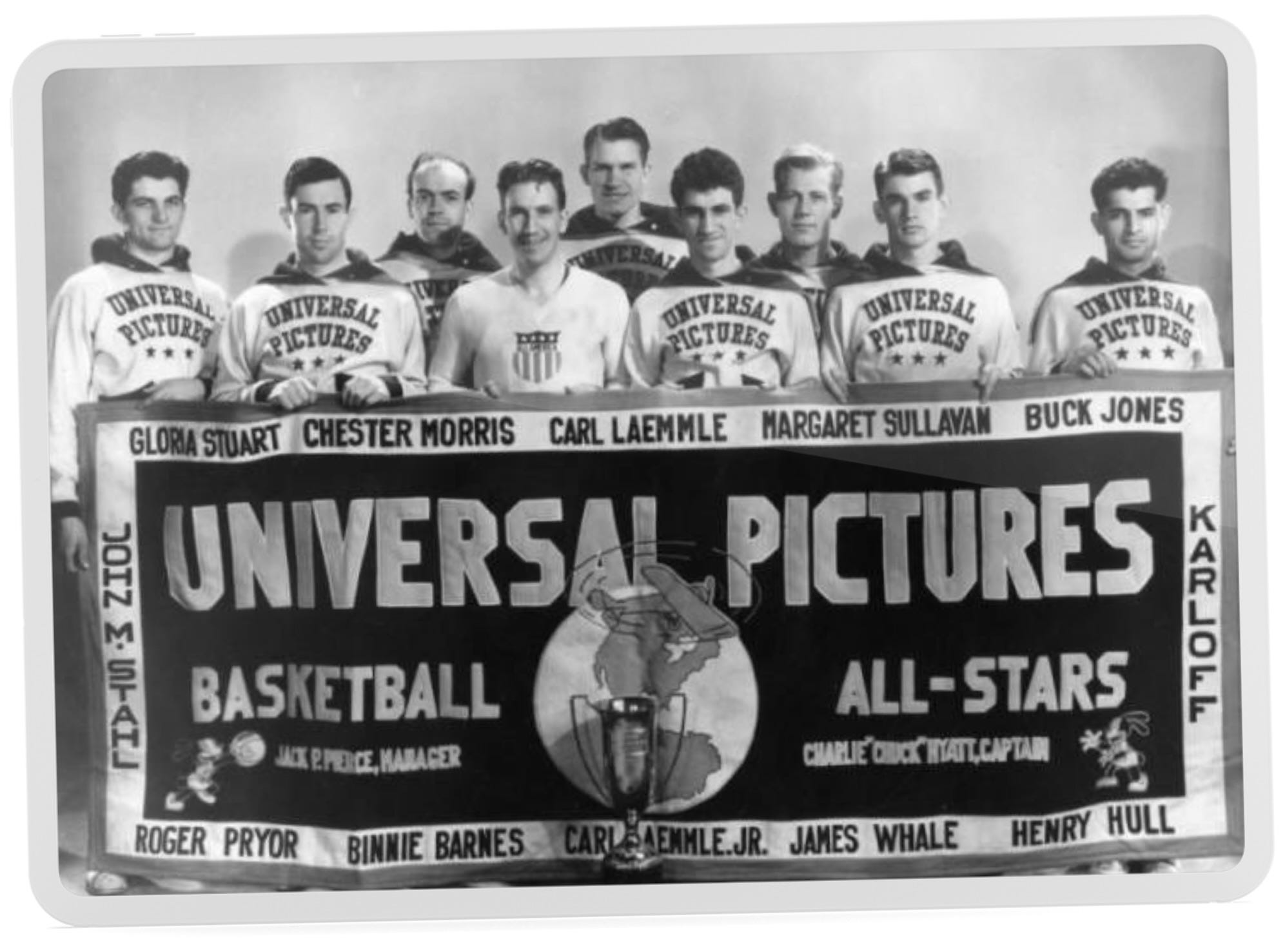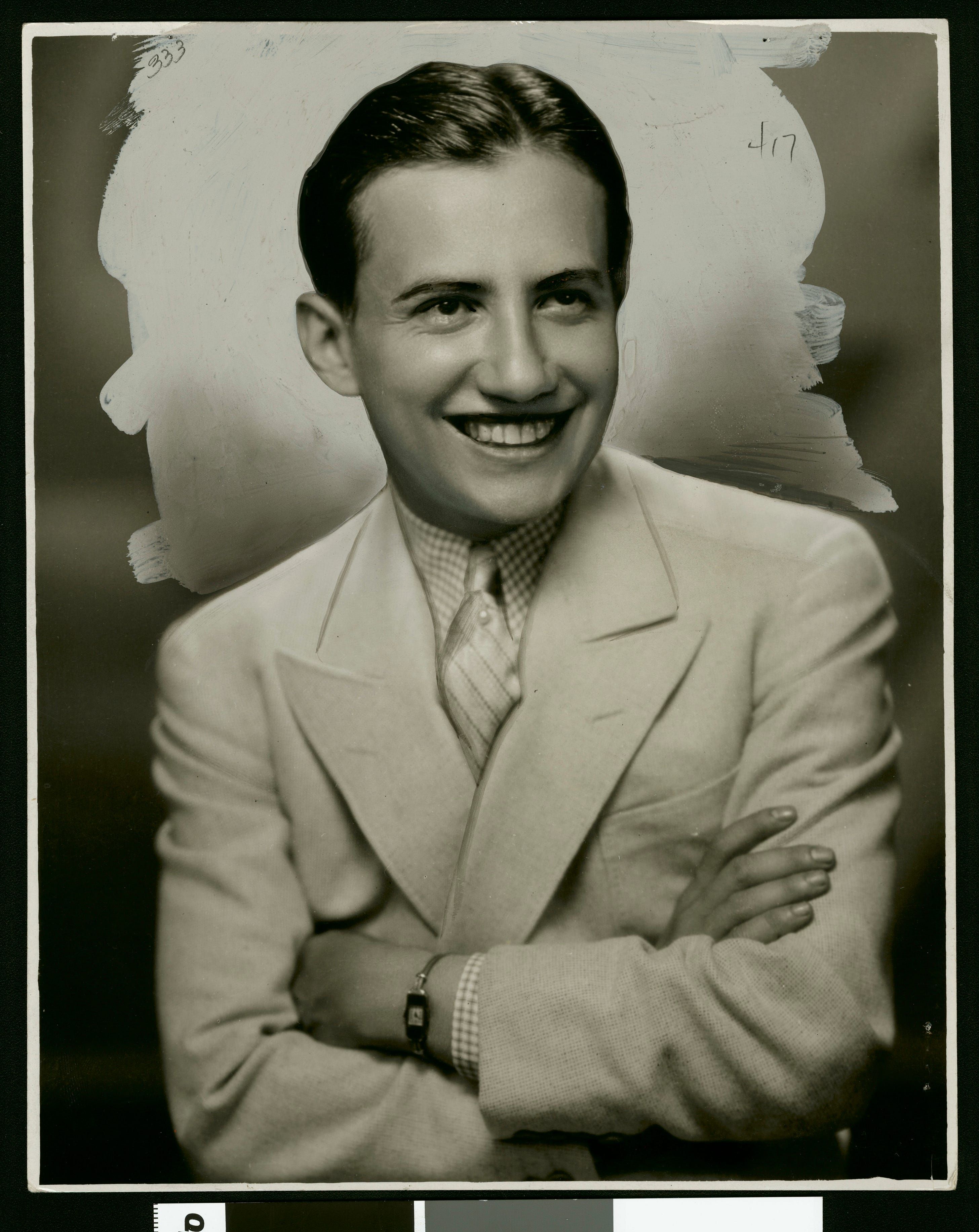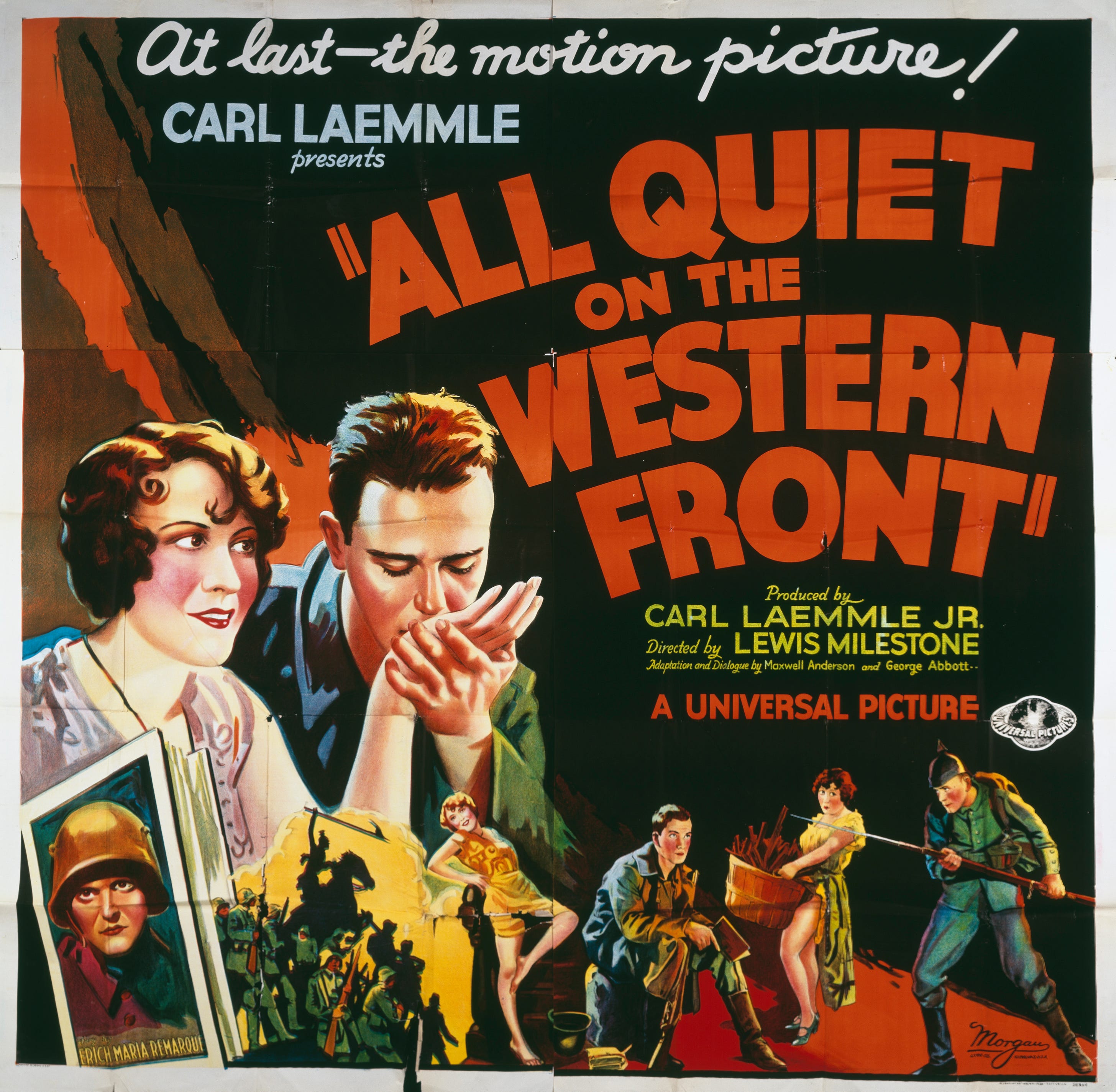When Universal's Basketball Team Played in Hitler's 1936 OlympicsThe company team competed in Berlin, an inspired gambit by the studio founder's audacious son. Then the family and business went sidewaysAndy Lewis authors The Optionist newsletter about available IP, and recently wrote for The Ankler about JD Vance and Hillbilly Elegy as well as the Academy Museum’s Hollywoodland exhibit about the Jews who invented Hollywood.It was the best 21st birthday present one can imagine. In 1928, Carl Laemmle Jr. celebrated that milestone with an early gift from his father, Carl Laemmle, Sr., the founder of Universal Pictures: Senior made Carl Jr. Universal’s head of production. Senior had long doted on his only son, and Carl Jr. had been groomed for the job since being born in 1908, the same year Senior produced his first movie (Hiawatha). At 15, Senior turned a few sketches Junior thought up into The Collegians, a successful serial, and then he turned down the University of Pennsylvania’s Wharton School to go right to work for his father. Junior was ambitious and eager to outshine his father’s one-time protege Irving Thalberg, who had departed a few years earlier for MGM. There wasn’t any area of the studio where Junior didn’t involve himself — from upgrading facilities to converting its movies to sound to the creation of . . . an elite studio basketball team. If that last bit surprises you, well, it should. Carl Jr. did not have ambitions for a company intramural league or even a team to win bragging rights among its rival studios. No, he aspired to have Universal represent the United States at the Olympics. That dream manifested at the 1936 Berlin Olympics, the first Olympiad where basketball became a medal sport. Today, of course, basketball is one of the marquee events for NBCUniversal, the media conglomerate with NBA rights that also broadcasts and streams the Olympics, but Universal’s first connection with the games — improbably and ironically — was as a participant. How a movie studio came to have a basketball team, how it got into the Olympics and what happened to the team — as well as the studio and the family that owned it — on the cusp of achieving its ultimate goal is a story worthy of its own Hollywood movie. As if that weren’t enough, the tale also features Frankenstein, Adolf Hitler, Nazis, a musical set on a boat, a bank loan gone bad and the lone Jewish-American Olympian who faced the moral dilemma of going to play — or stay at home in protest of the events just beginning to catastrophically unfold in Germany. It also marked the end of a dynastic dream for one of Hollywood’s founding families, and the start of a devastating spiral for its promising Oscar-winning scion. The Original Nepo BabyCarl Jr.’s early success was tremendous. He took home the studio’s first best picture Oscar for producing All Quiet on the Western Front in 1930 — at the tender age of 23, by my reckoning still the youngest best picture-winning producer ever. He followed that by helping create the studio’s monster universe, releasing Dracula (1931), Frankenstein (1931), The Mummy (1932) and Invisible Man (1933). They were all box office hits, and Universal historian Antonia Carlotta (who happens to be Carl Sr.’s great-niece) argues the profits from the monster movies kept Universal afloat during the toughest days of the Great Depression. Despite these achievements, he was dogged with claims he was a dilettante. “Everyone liked Junior, but we all thought of him as a pampered rich young man who enjoyed bad health and preferred blondes,” wrote gossip columnist Louella Parsons (according to film historian Gregory Mank). In the eagerness to prove himself, Carl Jr. could be reckless where his father was cautious. One — perhaps apocryphal — story captures both their different temperaments and how Senior indulged his son. One day at the horse track (both men were inveterate gamblers), a man observed Junior at the high-roller window and Senior at the regular betting window making a modest wager. He asked Senior how his son could afford big bets when he couldn’t. To which Senior replied, “Because Junior has a rich father.”... Subscribe to The Ankler. to unlock the rest.Become a paying subscriber of The Ankler. to get access to this post and other subscriber-only content. A subscription gets you:
|
When Universal's Basketball Team Played in Hitler's 1936 Olympics
July 31, 2024
0





